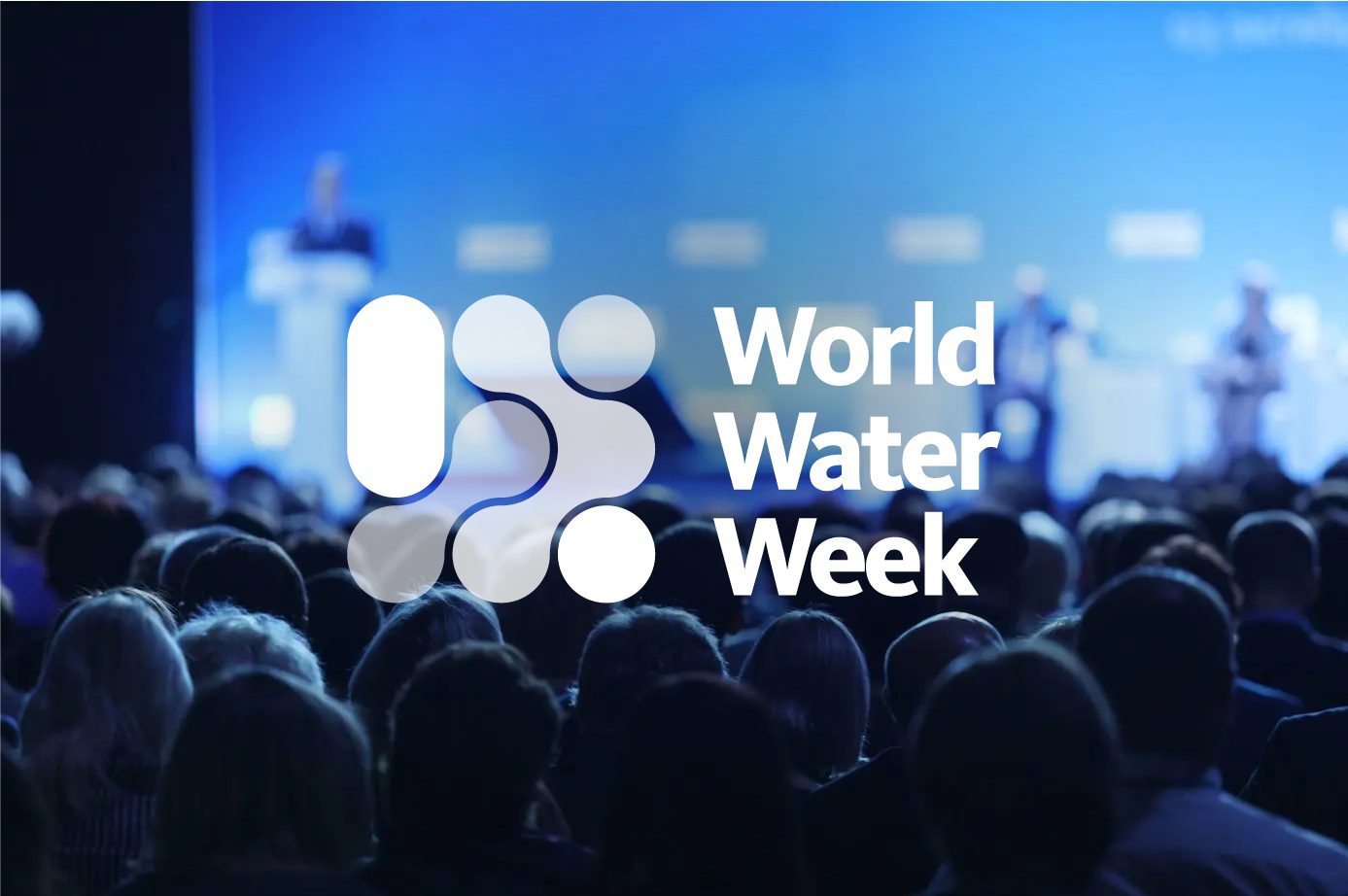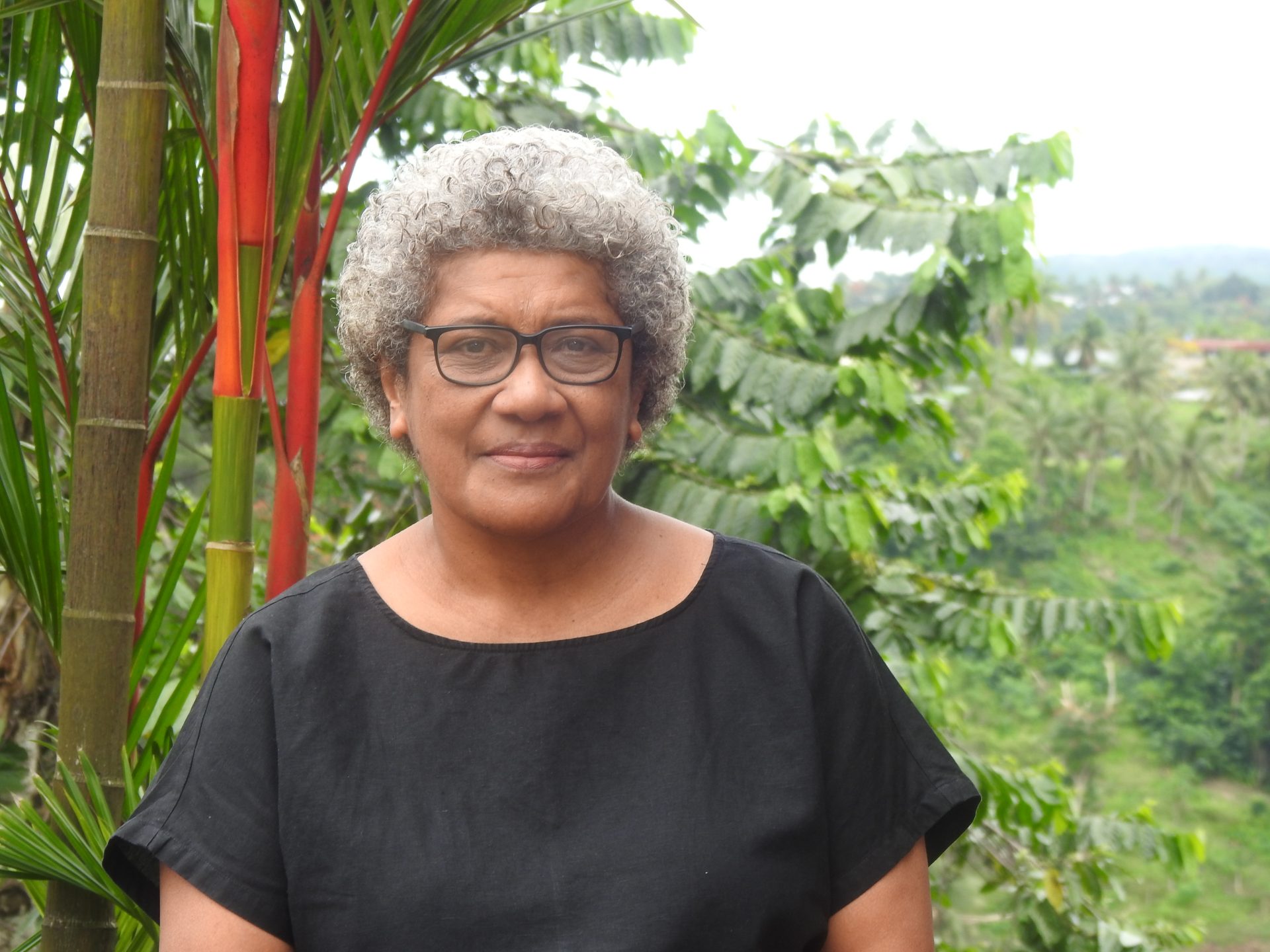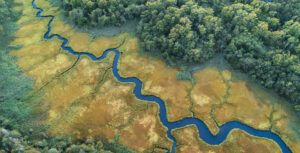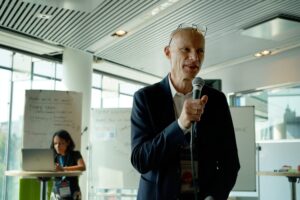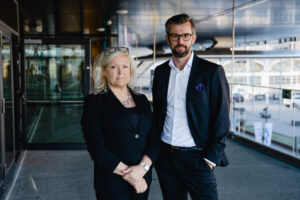The critical role of Indigenous Peoples’ knowledge for innovation
“When we talk about innovation here, it doesn’t necessarily have anything to do with technology, it is about making changes that have an impact on the ground.”
She now works as a technical advisor on coastal ecosystems for GIZ Pacific. Indigenous communities are central to local marine area networks, an approach that has led to improved food security and the conservation of flora and fauna in the ocean. At the heart are the values of the community, including respect, responsibility, and reciprocity. A key concept is vanua, which means land – including flora, fauna, and rivers – but also all social groups living there and their traditions and values.
More and more people understand the strength of this relationship-oriented worldview
“There is a revival of interest in traditional knowledge that has to do with disaster risk reduction and resilience, which is important. But safeguarding it is really a race against time,” says Milika Sobey. “My main concern is that it is not being documented. We are an oral culture, so what we know for example about water management is not written down. So much of my knowledge has come from talking to older people, or people who have spoken to older people. They would for example know that where a certain plant is, there will be a water source. But much of that knowledge is now being lost.”
Matters are further complicated by the fact that fewer people speak the local language and its dialects
“I see it with my own extended family as well, many of the young ones prefer to speak in English rather than in their native language. But when we lose our language, we lose our identity, and the knowledge that has been passed on through generations. I am glad to see this growing interest in indigenous knowledge from the outside because that helps us cherish what we have and safeguard it,” Milika Sobey says.
First Nations and Indigenous water governance in focus at World Water Week
Dr Milika Sobey is being supported by the Australian Water Partnership to attend her first World Water Week in Stockholm, where she will participate in a range of sessions as part of the First Nation Focus, which is a coordinated effort from several organizations
Learn more about the First Nations and Indigenous water governance Focus
Another participant is Dr. Tania Eulalia Martínez-Cruz, an Ëyuujk Indigenous interdisciplinary researcher and expert in water management from Tamazulapam Mixe, Oaxaca, in Mexico. After she lost her grandmother seven years ago, she decided to refocus her academic interest to encompass her own Indigenous roots, with studies on food systems based on traditional knowledge. More and more people now understand the value of principles like “The three sisters” where beans, corn and squash are planted together since they nurture each other, which can drastically increase food security while respecting culture.
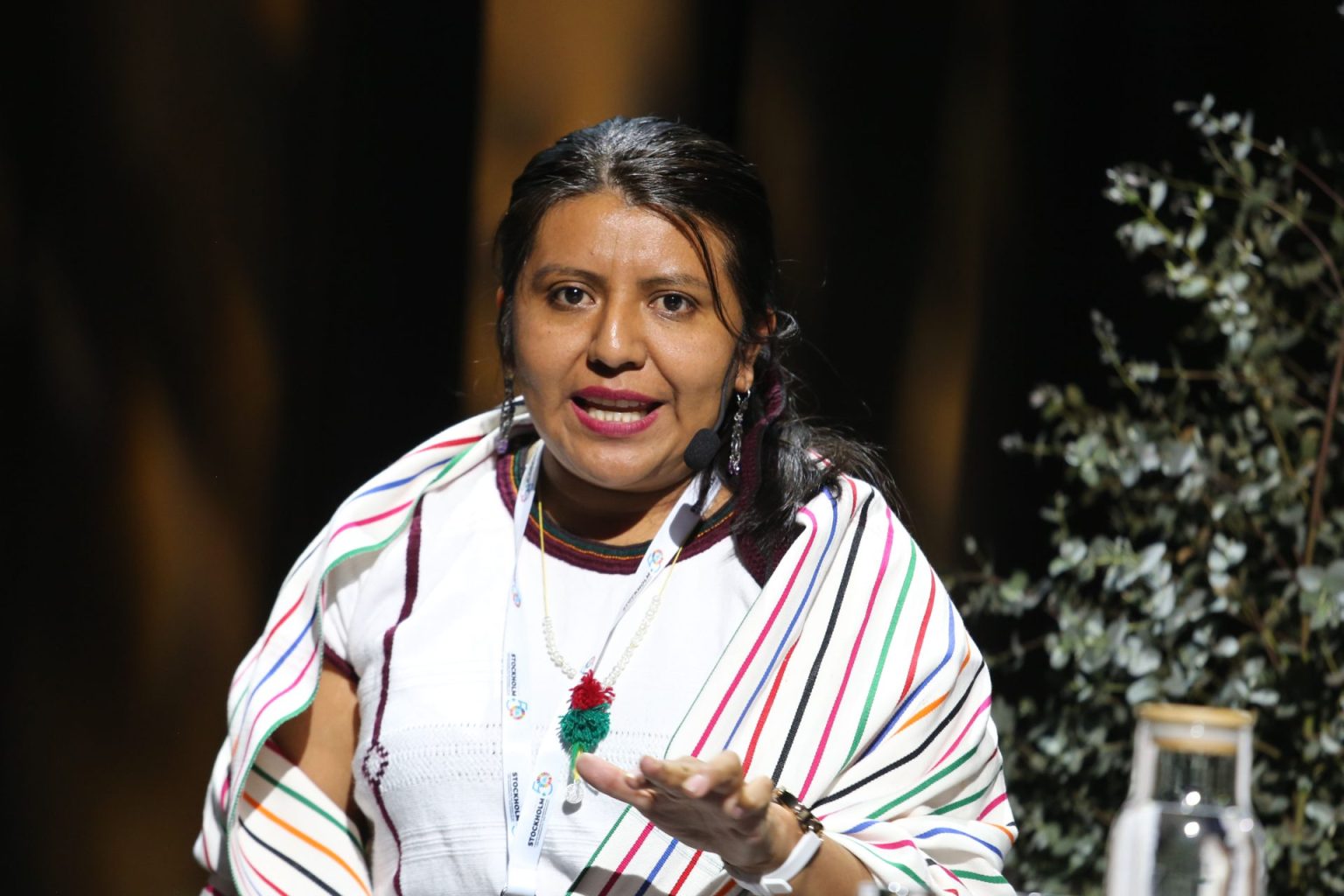
Tania Martínez has also strived to support Indigenous Peoples participation and voices into international water processes, partly working as a consultant for SIWI. “We really see a new interest in Indigenous Peoples’ knowledge. When the Water Action Decade was launched in 2018, the insights from Indigenous Peoples were not reflected, but much has happened since then. It is for example important that the 2019 IPBES report on biodiversity loss emphasizes Indigenous Peoples knowledge and that UNESCO has declared a Decade on Indigenous languages,” she says but still Indigenous Peoples should be acknowledged as right holders and the carriers of these through their languages.
“When the Water Action Decade was launched in 2018, the insights from Indigenous Peoples were not reflected, but much has happened since then.”
Ahead of the UN 2023 Water Conference, Tania Martínez and others advocated for Indigenous Peoples to be invited into the preparatory processes, and she was encouraged to see the great interest from the two co-chairs of the conference, the governments of The Netherlands and Tajikistan.
“They listened, and I do see a much greater interest and understanding from different UN agencies. That is very important. But there are still many structural obstacles that people may not be aware of. In real life it is often difficult to invite Indigenous representatives to meetings like the UN Water Conference – travel is expensive, and it can be difficult to get visas. It is generally also assumed that Indigenous People should form part of their national delegations, but many countries will not do that since they don’t recognize their Indigenous Peoples. In many countries, especially in Latin America indigenous peoples and other environmental defenders are instead persecuted. Additionally understanding and the ways of engagement the UN processes is not straightforward”.
It is important that international agencies such as SIWI continue to support Indigenous Peoples in overcoming these obstacles
Tania Martínez hopes that the revived interest in Indigenous Peoples’ knowledge will also lead to more attention to these challenges. But she does see the UN 2023 Water Conference as a step forward, and appreciated the Pre-Summit on Indigenous Peoples organized by the International Indian Treaty Council.
“It was so valuable to meet and discuss with people from other First Nation communities and I am glad that these sorts of interactions will continue at World Water Week,” Tania Martínez says.
* Fijian term meaning land – including flora, fauna, and waters – but also all social groups living there and their traditions and values.
World Water Week
20-24 August 2023, join SIWI and partners for the leading conference on global water issues. Check out how you can engage with us for stronger, smarter water solutions.
Join us at World Water Week